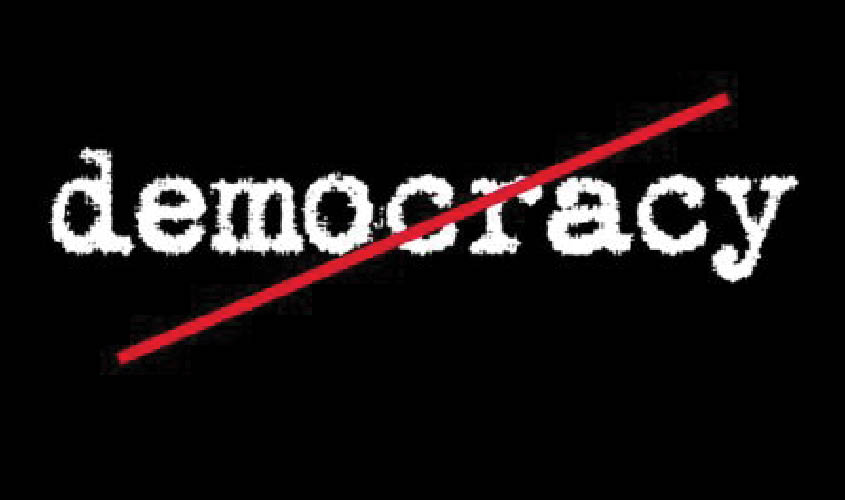There was much unhappiness in ruling party circles in West Bengal when Election Commission’s special observer for the state, Ajay V. Nayak described the electoral situation there as similar to what it was in Bihar, 15 years ago. Bihar, 15 years ago, was lawless, riddled with violence, where criminals ran amok with open political backing, where voter intimidation, booth capturing, stuffing the ballot boxes with fake votes and killing of political opponents were the norm. However much West Bengal Chief Minister Mamata Banerjee and her Trinamool Congress may accuse Ajay V. Nayak of being partisan, the fact is that any neutral observer will have similar, or perhaps even worse comments to make about the state she lords over. There is no denying that the core of Bengal politics has always had a violent streak, right from the 1960s when different left and ultra left forces started vying for political space. It was in Bengal that the violent ideology of Naxalism took birth, only to be countered by an equally violent state, which used strong-arm tactics to subdue the movement. It was during Left’s 34-year-long rule that some of the worst massacres of political opponents took place. But that cannot be justification for unleashing anarchy and mayhem on the state in 2019. Bengal voted for Mamata Banerjee in 2011 because it wanted to breathe free of the chokehold that the Left Front had on the state. Bengal voted for her because it believed in the poriborton—change—that she promised to usher in, and reaffirmed its faith in her in the 2016 Assembly elections. Bengal wanted change from the criminality, the bloodshed and savagery that had pockmarked Left’s rule. But when her own rule starts resembling those darks days, that is not change or progression. That is regression. The situation has degenerated to an extent that criminality has been institutionalised. It has become a profession and a money spinner for a large section of political workers—in fact, political gangs—in a state where jobs are just not there. And with that has come the attendant violence that characterises gangs and gangsters. However, times have changed. When the Left ruled Bengal, disturbing news could be “managed” by controlling certain points of dissemination. In this age of social media, when news is communicated at lightning speed and the goriest of visuals reach smartphone users in a matter of minutes, no amount of gags on the local media can suppress news from spreading like wildfire, nationally. No wonder almost every other day reports are coming of rival party workers being hanged to death from branches of trees, of their homes being attacked, of people not being allowed to vote, of voters being intimidated, of bombs being hurled and elections being rigged. It’s almost as if there is no rule of law in the state. It’s a matter of shame for the Mamata Banerjee government that in the ongoing Lok Sabha elections, her state is the only blot on the face of a well conducted electoral process. She may accuse Prime Minister Narendra Modi of murdering democracy, but the truth is, what West Bengal is witnessing today is nothing short of a massacre of democracy. It was just last year that a farcical panchayat election was conducted in Bengal and a large chunk of seats went uncontested because opposition parties were not allowed to file nominations, often by use of force—both physical violence and the levers of state administration. In this context, how can a state which is a part of the Union of India, raise a parallel “police” force, an extralegal body called “civic volunteers”—a force whose activities have come under severe criticism?
If Mamata Banerjee is so confident of sweeping Bengal’s 42 Lok Sabha seats, why is she letting her party take Bengal back to Bihar of 15 years ago? A legitimate question here is: is she losing her hold on her party at the grassroots and the anarchy on the ground is a reflection of that? A mistake political leaders often make is that they tend to take voters for granted. Democracy, the right to vote, has got ingrained in the DNA of Indians. Intimidation of voters can work up to a point, but ultimately people revolt. Bengal may have taken 34 years to remove the Left, but in 2019, when an alternative political force is perceived to be rising in the state, there is no guarantee that people will wait for three decades to spell an end to the current dispensation. If Mamata Banerjee wants to stay relevant in national politics, she needs to do some urgent course correction.

